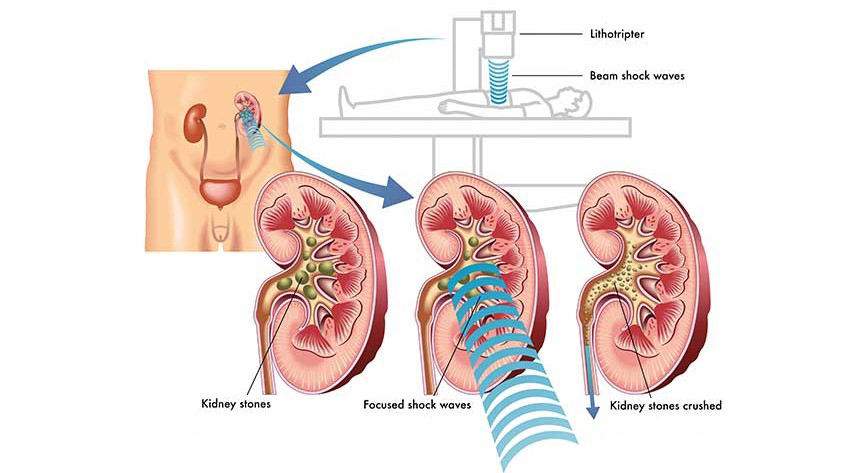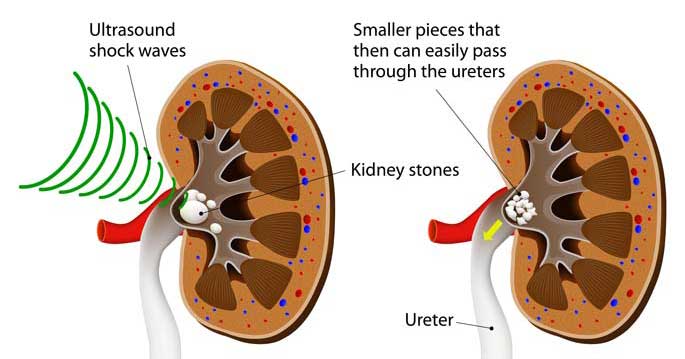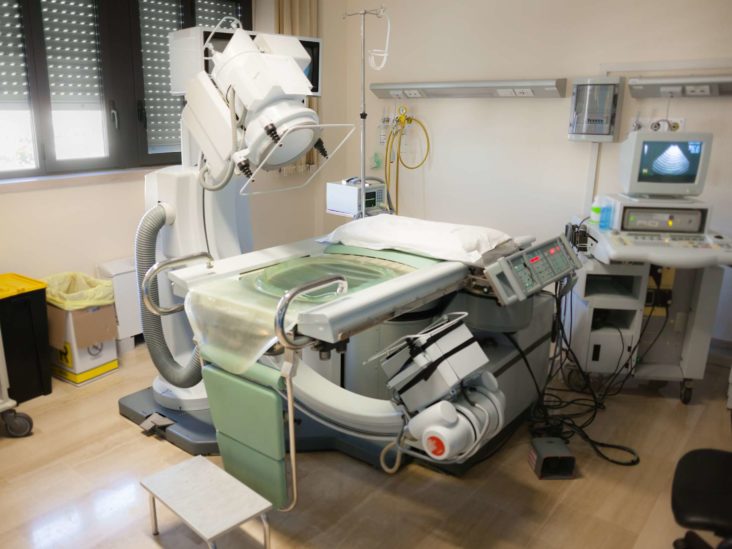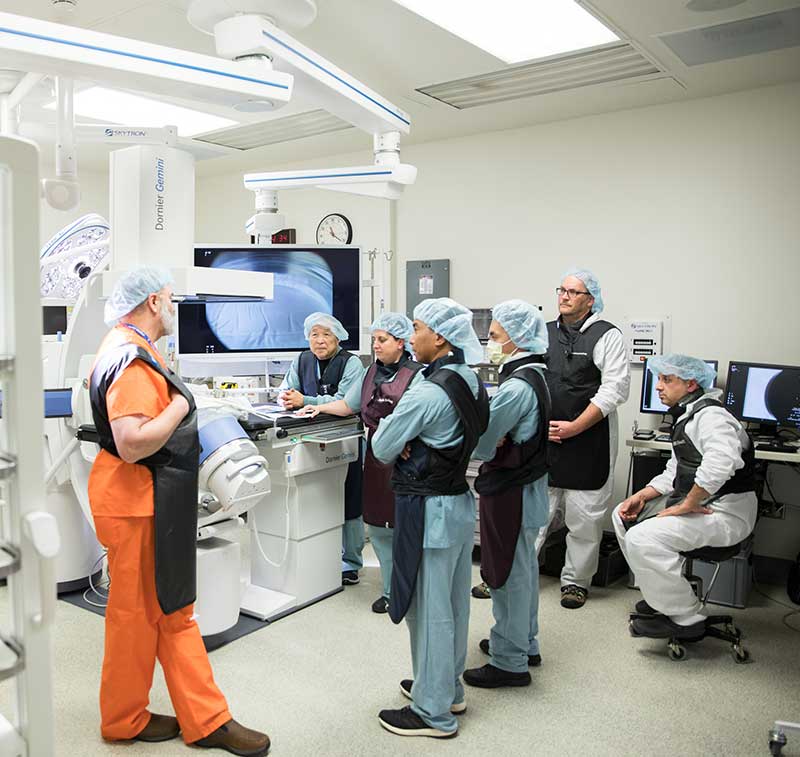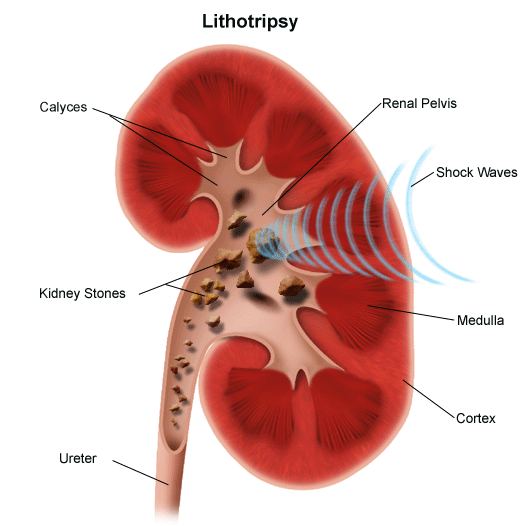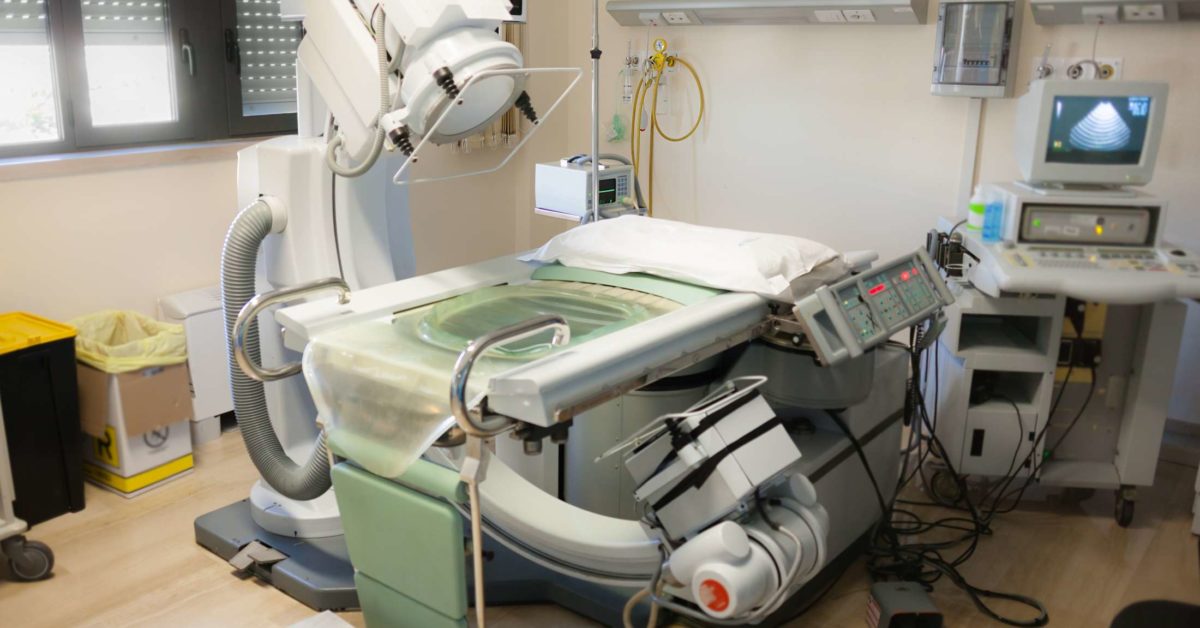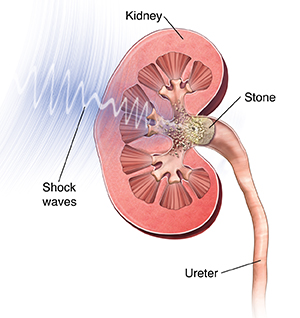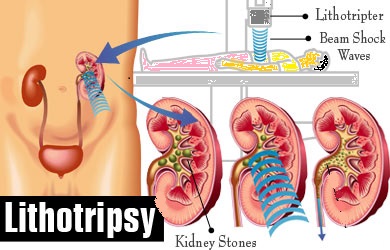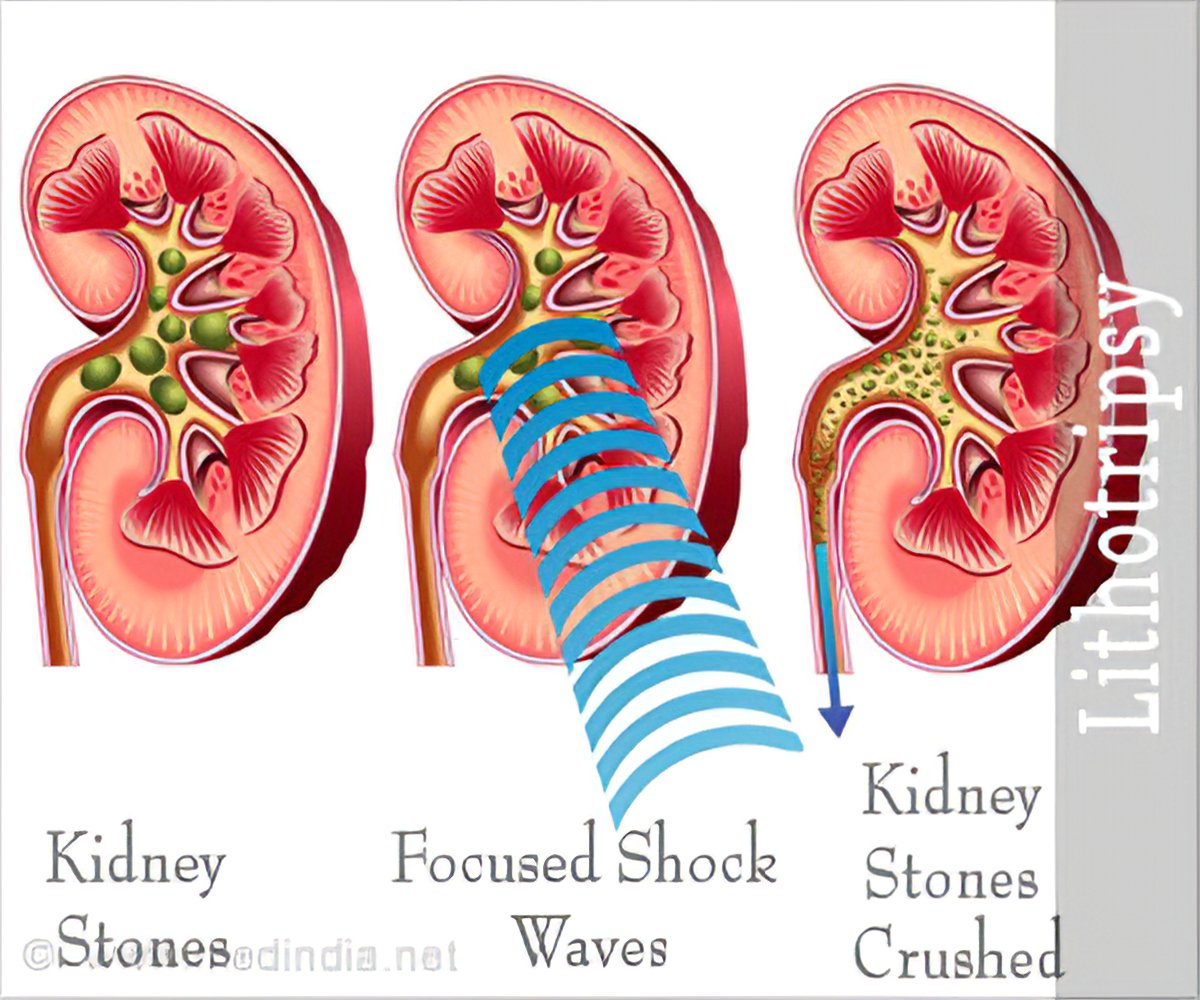Extracorporeal Shock Wave Lithotripsy Eswl For Kidney Stones

Shock waves from outside the body are targeted at a kidney stone causing the stone to fragment.
Extracorporeal shock wave lithotripsy eswl for kidney stones. After treatment with extracorporeal shock wave lithotripsy eswl for kidney stones you can expect to have blood in your urine and possibly abdominal pain or aching for several days. Bleeding around the kidney infection. Extracorporeal shock wave lithotripsy swl is a noninvasive procedure that uses shock waves to break stones in the kidney and ureter into pieces as small as grains of sand. What is shock wave lithotripsy.
Because lithotripsy is noninvasive and highly effective it is one of the most common treatments for kidney stones in the united states. More serious problems are less likely but can include. Shock wave lithotripsy for kidney stones can cause side effects such as cramps or blood in your urine. As such eswl is the.
The remaining kidney stone fragments are small enough that they can more easily pass through the urinary tract. In the uk nice has found that the evidence for eswt in the majority of indications is conflicting as such. See a picture of eswl. The introduction of extracorporeal shock wave lithotripsy eswl in the early 1980s revolutionized the treatment of patients with kidney stone disease.
The most common form of lithotripsy is extracorporeal. The stones are broken into tiny pieces. These sound waves are also called high energy shock waves. Lt is sometimes called eswl.
Shock wave lithotripsy swl is the most common treatment for kidney stones in the u s. Lithotripsy uses sound waves to break up large kidney stones into smaller pieces. Lithotripsy is advantageous as a method of kidney stone removal because it does not require surgery and has a 70 to 90 percent success rate in good candidates. Patients who once required major surgery to remove their stones could be treated with eswl and not even require an incision.
The more formal name for lithotripsy is extracorporeal shock wave lithotripsy eswl. Extracorporeal shock wave lithotripsy eswl uses shock waves to break a kidney stone into small pieces that can more easily travel through the urinary tract and pass from the body. Lithotripsy is a medical procedure that uses shock waves or a laser to break down stones in the kidney gallbladder or ureter. Other people experience a severe cramping pain as shattered stone fragments make their way out of the body.
The most common use of extracorporeal shockwave therapy eswt is for lithotripsy to treat kidney stones urinary calculosis and biliary calculi stones in the gallbladder or in the liver using an acoustic pulse it is also reported to be used for salivary stones and pancreatic stones.
